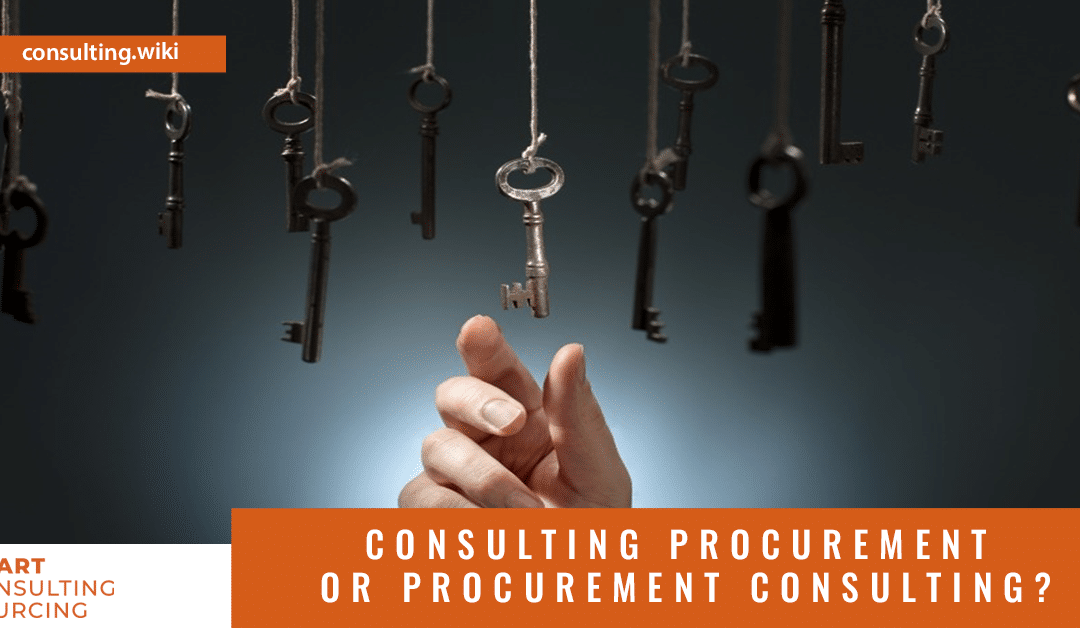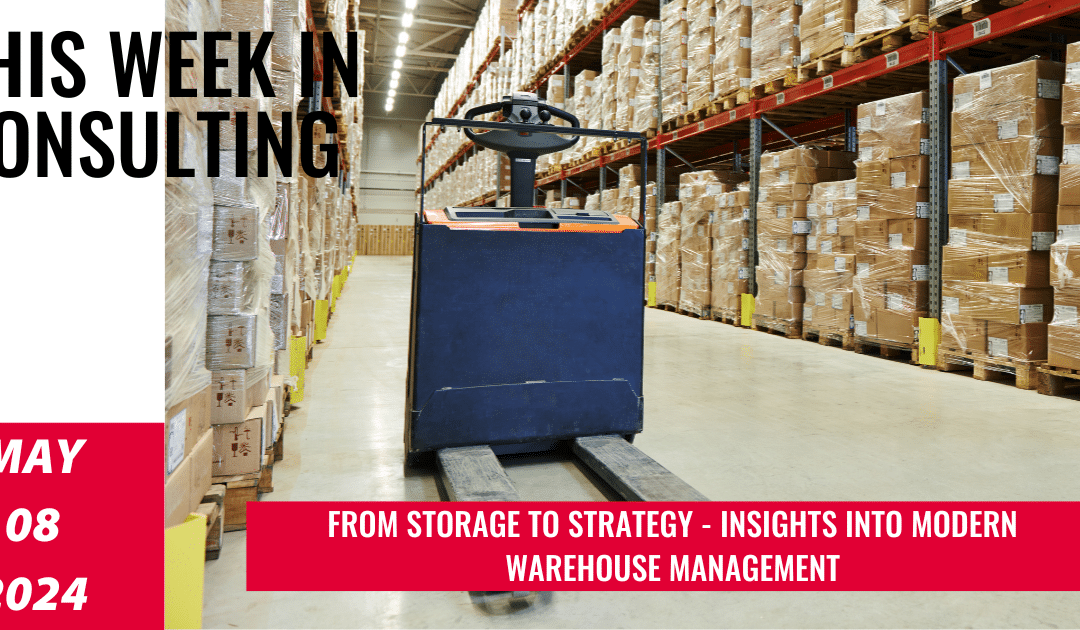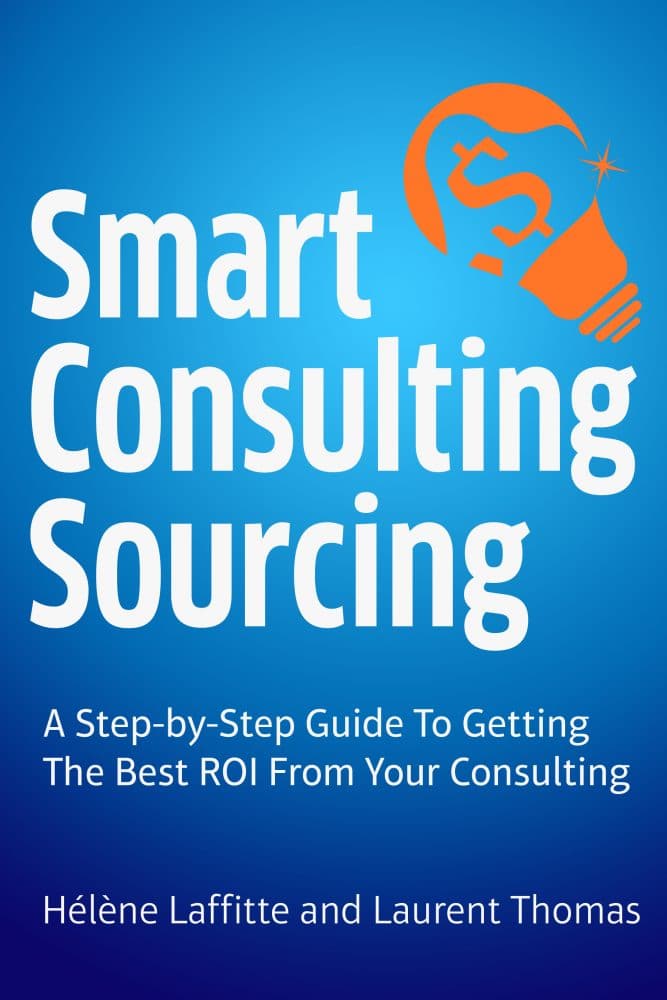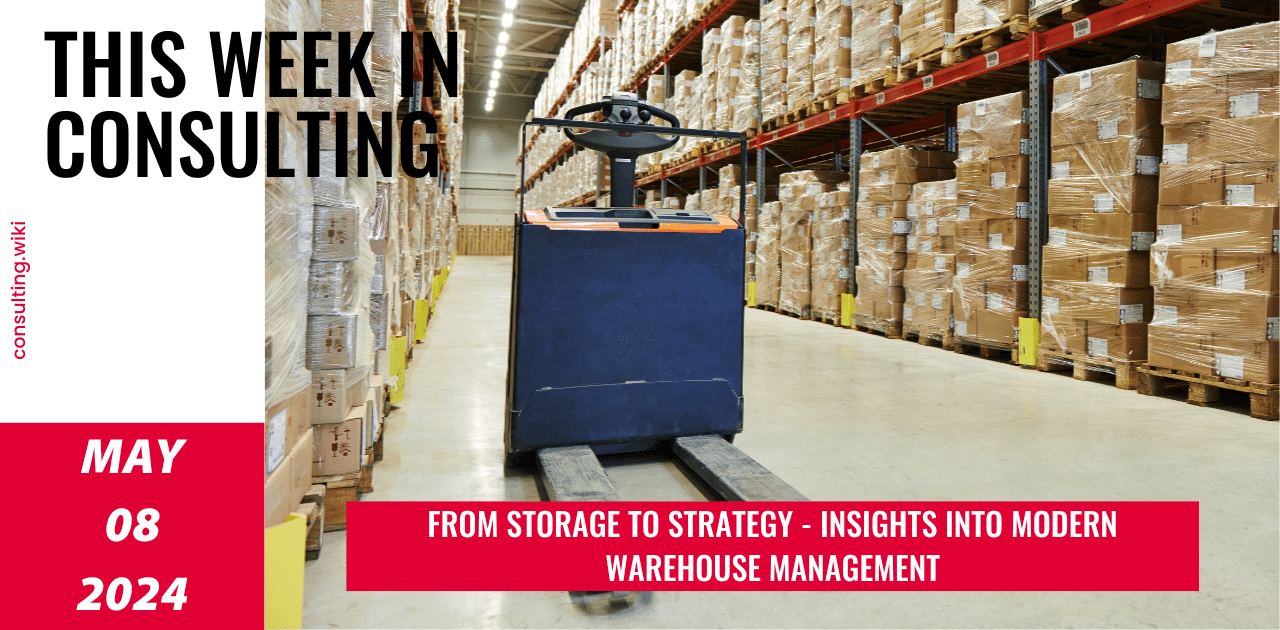
4 efficient ways to reduce your consulting spend (crisis or not).
When companies face difficulties such as Covid 19 and start to be cash-constrained, they often look to reduce their expenses, and Consulting looks like a non-essential line. The most common option is to initiate a consulting freeze.
4 efficient ways to reduce your consulting spend.
But is Consulting a nice-to-have expense? Or are companies leaving value on the table?
Actually, Consultants can help companies to get their battle plan in order, identify short- and medium-term opportunities, and prepare for the aftermaths.
There are many projects where consultants can help their clients create value better and faster or sort out priorities when issues are piling up. As an outsider, a Consultant often can form a perspective that others in your organization can’t provide.
There are several levers that these companies can use to optimize their consulting spend and do more with less.
READ ALSO
If there was a “secret sauce” to find the right provider for a Consulting project, it probably lies in the combination of 8 key markers
Make sure you spend on the right projects –
Demand management allows the teams to differentiate between the “must-have” and the “nice to have.” You can keep your money for what is really important. Focusing the efforts on a limited number of impactful projects is often yielding a much greater value than sugar coating on a large number of minor projects. Difficult to assess what the impact can be as it relates to the quality of your demand management. However, assuming you can redirect 25% of funds to higher-value projects can be a good proxy.
Demand Management has to be rooted in a robust decision-making process that allows maintaining the strategic direction of the Company while controlling the costs. You need to define what part of the budget will be allocated to strategic projects, and what part will be left at the discretion of managers. You can also prioritize your projects and start with the ones that generate immediate value, such as cost savings projects, for instance.
Pros: Ensures the alignment between spend and strategy, Keeps costs under control
Cons: Requires some degree of centralization, requires strict governance
Focus on the most urgent problems to solve –
Defining the right scope has a direct impact on the overall cost of a project. Scope on the wrong problem and you spend a lot of money for nothing. Scope on a subject too wide, and you will pay for more than you actually needed or use the wrong consultants for part of the job. The impact can be significant as scoping mistakes can lead to 50 to 100% extra costs, and the value missed could have a considerable opportunity cost.
Working internally to define your problem and identify the options is key to inviting the right consultants to the discussion. It doesn’t mean that your requirements are final. You are just optimizing the chances that the project you are launching will fix the issues you face.
Pros: Ensures you focus on the most urgent problems to solve, Gives procurement an opportunity to lead the consulting sourcing effort
Cons: Does not apply to regulatory changes
Work with the right consultants-
Sourcing the right consultants for your project is key to make sure you will get the right value at the end of the process. Besides, organizing a relevant competition will ensure that you get competitive proposals and provide some leverage for negotiation. Without proper sourcing and a relevant competition, you will lack proper leverage and risk ending up doing the work with the wrong consultants. By experience, setting up a relevant competition can yield from 30 to 50% of savings. Obviously, working with the wrong consultants can significantly reduce the impact. As a working assumption, a 25 to 50% impact difference seems reasonable.
It can be interesting to leverage 2nd and 3rd Tier Consulting Firms (small to mid-sized) to decrease the average costs, cover the niche and/or very operational needs from your business lines, and help you control the Tail Spend while optimizing the ROI.
A good indicator to check if you are using Consultants properly from this Tier is to look at your top 10 Consulting projects from the previous year. Can you identify some small specialized niche players? Do you see mostly the same names coming up over and over?
Pros: Helps lower your average consulting costs, Gives you access to more niche expertise
Cons: Is difficult if you have long payment terms (90+ days), Is not always possible for highly political projects
Manage your projects to deliver the right value –
To assess the importance of the managing step, you can simply picture an internal project lacking project management, governance, or support from key stakeholders. What are the odds of getting something meaningful achieved? Pretty low, right? The same is true for consulting projects. Without proper management, you will be at risk. Not managing the project can waste up to 100% of the project cost (not accounting for your teams’ wasted time), the value you were expecting from the project itself.
When you are outsourcing parts or the whole project, you add another layer of complexity to project management. While managing the project will impact the triangle cost-quality-time, managing the contract will ensure compliance with the contractual terms. The changes in scope or staffing should be traced all along with the life of a project.
Pros: Increases the chances to reach the targeted impact, Keeps costs in tracks
Cons: Requires internal resources
You can use one or all of these levers to optimize your consulting spend. Implementing some form of demand management will help you make sure to invest where the most value will be created. Consequently, you can focus on selecting the right projects, sourcing the right consultants, and managing them to maximize the impact.
This does not prevent you from giving your organization savings targets but will ensure a balanced result.
Consulting sourcing tips

How To Manage the Tail Spend – Our 5 Recommended Practices
Discover effective strategies to conquer tail spend management with our comprehensive guide. Explore five recommended practices that will optimize your procurement process, reduce costs, and increase operational efficiency. Learn how to tackle low-value purchases, leverage technology, streamline supplier relationships, and implement data-driven decision-making. Don’t let tail spend derail your budget and productivity—empower your organization with our expert insights and take control of your procurement today.

Consulting Procurement or Procurement Consulting?
Type Consulting Procurement in your browser and look at the results. What do you find? A list of consulting companies that offer their services to help improve your company’s purchasing and/or sourcing capabilities. But is it the same thing as Consulting Procurement?

7 secrets to always work with the best consultants
7 secrets to always work with the best consultants
Previous Weeks’ issues

Warehousing Wisdom: Trends, Tactics, and Insights | This Week in Consulting
In this edition of This Week in Consulting, we’re diving deep into the world of warehousing management, uncovering the secrets to success in this high-stakes game.

From Stormy Seas to Steady Waters: Mapping the Path Forward in Global Real Estate | This Week in Consulting
In this issue of This Week in Consulting, we dive deep into the challenges and opportunities that lie ahead in the global real estate industry for 2024.

5G Tech Adoption: Exploring Reality Beyond the Hype | This Week in Consulting
In this edition of This Week in Consulting, we take a deep dive into the world of 5G and uncover its true potential, exploring how it is making waves in different sectors.
Choose the best next step for you
Buy the Book
Talk to us
Hélène Laffitte is the CEO of Consulting Quest, a Global Performance-Driven Consulting Platform and author of “Smart Consulting Sourcing”, a step by step guide to getting the best ROI from your consulting. With a blend of experience in Procurement and Consulting, Hélène is passionate about helping Companies create more value through Consulting.







